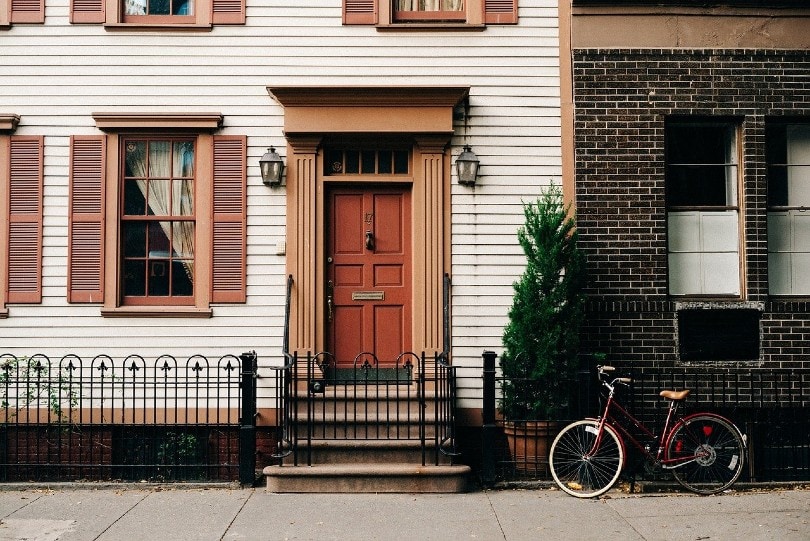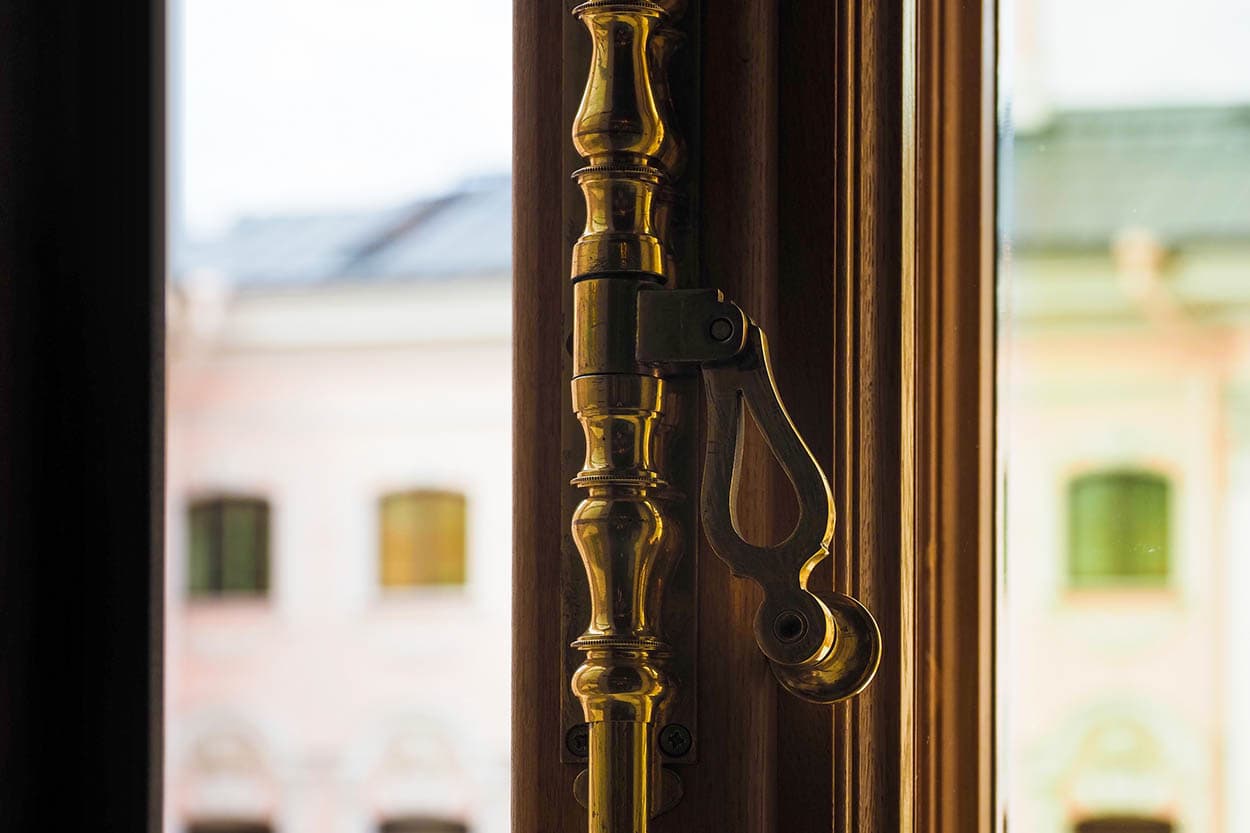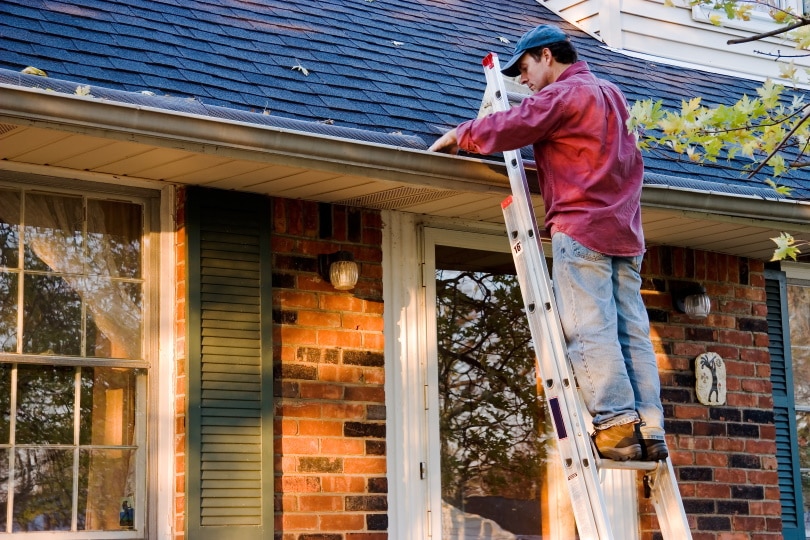Why Does My House Creak? House Settling Noises Explained
-
Pete Ortiz
- Last updated:

There are plenty of noises a house can make. Some are easy to explain and can be entirely situational. Others are more difficult to diagnose and require considerable further exploration. While some noise is to be expected from what is essentially a giant timber frame with concrete and brick encasement, sitting on top of a concrete and brick foundation, some noises may be a cause for concern and might require imminent action to help ensure that they don’t become a serious issue.
Below, we have highlighted 6 of the most common causes of creaking noises from your home, as well as some tips to help first identify the problem and the best courses of action to fix it.
The 6 Major Causes of House Creaking
To best identify the cause of creaking noises, you will need to undergo some investigative work yourself. Do the noises occur at particular times? Can you identify the exact or a rough area where the noises are emanating? Can you cause the noises to occur? Possible causes include:
1. Atmospheric Changes
A lot of your house, and especially the frame, is made from timber and this is especially prone to expanding, contracting, and moving. It tends to do this more often and more exaggeratedly when factors like temperature and humidity change, and the movement is not only expected but can be beneficial. If the frame were too rigid and no movement was allowed, it would be more likely to snap and break in certain conditions.
You may notice a creaking during especially hot days, very wet days, or when humidity levels are especially high.

2. Loose Floorboards
Loose floorboards are a common problem in many houses, even in new constructions. When you step on a loose board it will push against the one next to it and the creaking you hear is likely to be the noise of two pieces of wood rubbing against one another, but it could also be the noise of the plank rubbing up and down a protruding nail.
Most people can identify when they have a loose floorboard causing this noise and fixing the floorboard may be easier than you think. The difficulty in this task usually lies in taking up carpets and relaying them once you’re finished. Do make sure you do a proper job of the fix, however, or you may permanently damage the floorboard, causing much greater problems than a creak.
3. Creaking Door and Window Hinges
Another easily identifiable noise is that of creaking hinges. The noise will usually come when you open or close the door, window, or other hinged element, but if the hinge is loose and the wind can blow the door or window, you could hear the noise during windy times and not necessarily know where it is coming from.
Identify the creaking hinge and try oiling it or applying lubricant. This enables the metal components of the hinge to rub while reducing friction, thereby reducing the risk of noise. Alternatively, you might need to tighten the screws to ensure the hinge is secure. If the hinge has become badly damaged or the wood underneath has become rotten or worn away, you may need to apply filler or change the hinge out for a new one.

4. Settling Noises
Home foundations are usually laid on soil and earth. Over time, the weight of the property causes the soil below to compact, and this gradual but persistent movement can lead to what is referred to as settling noises. You may also start to notice cracks appearing in walls, typically near the bottom or the top of the walls, and you may only hear settlings noises occasionally. Although more common in new houses, with the noise disappearing after a few years, it can occur in older houses in some cases.
There isn’t much that can be done about settling noises: nor is there any reason to worry, except if you do see large cracks appear in the walls. If you are worried, get professional contractors or engineers out to take a look and assess the problem.
5. Loose Gutters
In some ways, a very faint creaking noise can be more annoying than a loud and obvious one because it is difficult to identify the cause. Faint creaking that sounds like it might be coming from outside the house, but is more evident on the top floors, could be a sign that you have unfastened or otherwise loose gutters. The noise could be caused by the gutter rubbing against the fastenings or even against the roof, but you should fix the problem as soon as possible before the gutter swings loose and potentially causes massive damage.
Identify the loose area of guttering and tighten the fastenings around it. If the fastenings have become damaged, replace them. If the gutter has become damaged, repair it or replace it to minimize future damage.

6. Shifting Foundations
The foundation of a home is what keeps it standing and provides a firm base. However, it is made from bricks and concrete, both of which can be susceptible to dampness and other conditions that are prevalent underground. If you hear noises coming from under the floorboards on the ground floor, it could be shifting foundations.
A sinking foundation may not be a problem if it occurs evenly across the foundations. However, if one side or one area sinks faster than the rest, this can cause big problems. Get professionals out to assess your foundations, if you believe this to be the cause of the noise you’re hearing.
Conclusion
It is natural to hear some noises in and from your house. Settling noises are expected in new properties while creaking floorboards and hinges are relatively easy to identify and fix. Loose gutters may be more difficult to locate, but the fix for these is also easy. The biggest potential problem is likely to be caused if you have shifting foundations and the shift is occurring only in one area or one side of the property.
Related Read:
- How to Fix a Sagging Door in 10 Steps (with Pictures)
- How To Fix a Squeaky House Window in 6 Steps (with Pictures)
Featured Image Credit: 193584, Pixabay
Contents


